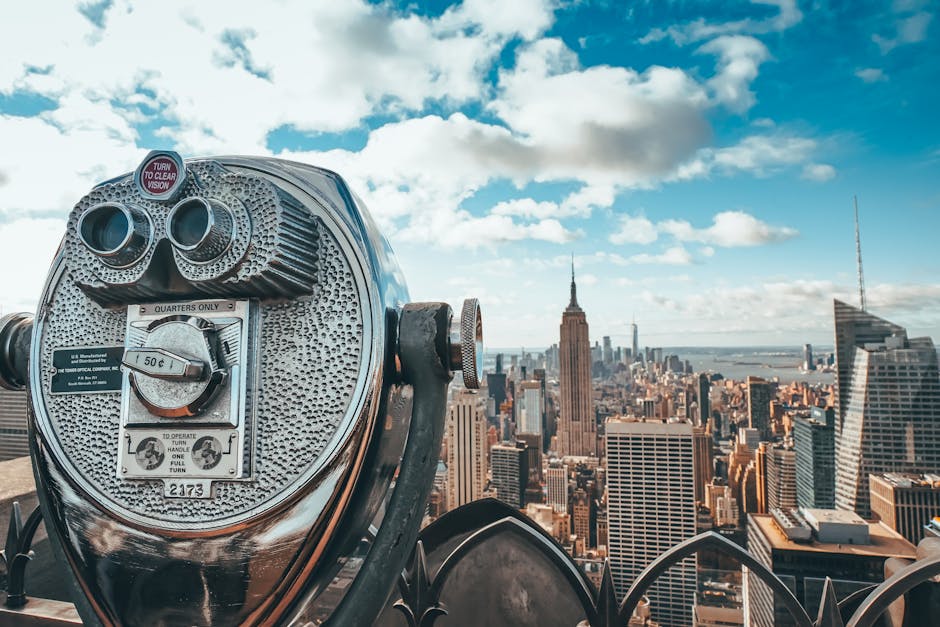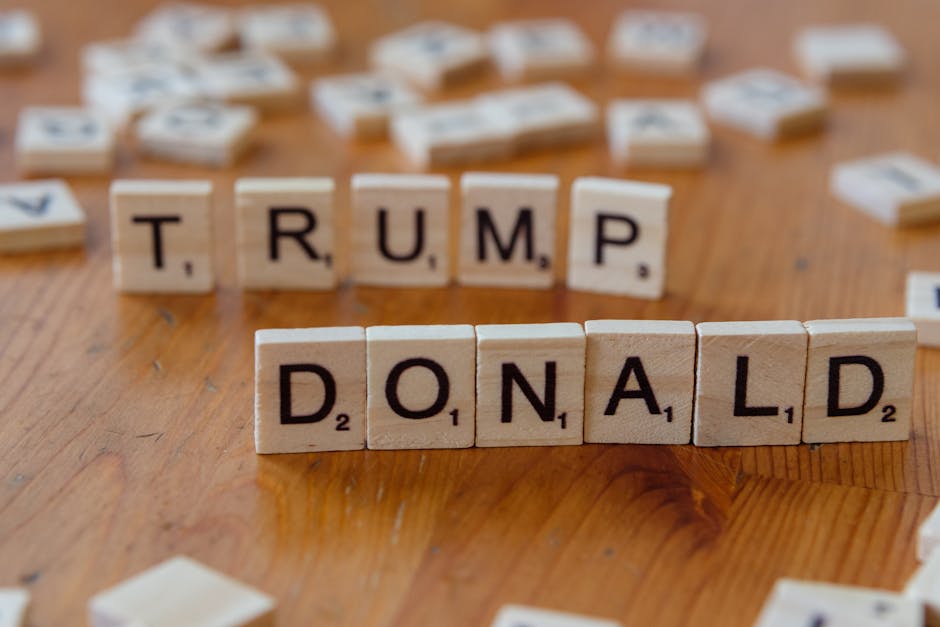The British royal family has long been a symbol of tradition, duty, and continuity. However, in recent years, two prominent members—Prince Andrew and Prince Harry—have made headlines for stepping back from their royal roles, though under vastly different circumstances. Their decisions have sparked global debate, reshaped public perceptions, and raised questions about the monarchy’s future.
Prince Andrew: A Fall From Grace
Prince Andrew, the Duke of York and Queen Elizabeth II’s second son, was once a celebrated royal figure. A former Royal Navy officer and trusted representative of the Crown, his life took a dramatic turn following his association with Jeffrey Epstein, the convicted sex offender. The scandal peaked in 2019 with Andrew’s BBC Newsnight interview, where he failed to express empathy for Epstein’s victims and offered unconvincing alibis regarding allegations against him.
The fallout was swift and severe. Public outrage forced Andrew to step back from his royal duties in November 2019, with a statement declaring he would “step back from public duties for the foreseeable future.” In January 2022, he was stripped of his military titles and royal patronages and settled a civil sexual assault case out of court. Andrew’s retreat from public life has been seen as a necessary move to protect the monarchy’s reputation, but it has also left a lasting stain on his legacy.
Prince Harry: Choosing a New Path
In stark contrast to Prince Andrew’s involuntary retreat, Prince Harry’s decision to step back was voluntary and deeply personal. Alongside his wife, Meghan Markle, the Duke of Sussex announced in January 2020 their intention to step back as senior royals. The couple cited a desire for financial independence and a wish to raise their children away from intense media scrutiny.
Their decision, dubbed “Megxit,” marked a historic moment in royal history. Harry and Meghan relocated to California, where they’ve pursued philanthropy, signed lucrative deals with streaming platforms, and launched initiatives like the Archewell Foundation. While their move has been celebrated by some as a bold step toward modernization, it has also been criticized for undermining the monarchy’s traditional structure.
The Impact on the Monarchy
The departures of Prince Andrew and Prince Harry have had profound implications for the British royal family. Andrew’s fall from grace highlighted the challenges of balancing personal accountability with royal privilege, while Harry’s exit underscored the generational divide and evolving expectations of modern royals.
For Queen Elizabeth II, navigating these crises required pragmatism and resolve. Her decision to strip Andrew of his titles demonstrated her commitment to protecting the monarchy’s integrity, while her handling of Harry and Meghan’s departure reflected a willingness to adapt to changing times.
The Road Ahead
As King Charles III takes the throne, the royal family faces a pivotal moment in its history. The departures of Prince Andrew and Prince Harry have left gaps in the royal roster, and the institution must now find ways to remain relevant in an increasingly diverse and scrutinizing world.
For Andrew, a return to public life seems unlikely, as the Epstein scandal continues to overshadow his legacy. Harry, meanwhile, has carved out a new identity for his family, though questions remain about his long-term relationship with the monarchy.
Ultimately, the stories of Prince Andrew and Prince Harry serve as reminders of the complexities of royal life. Their decisions to step back—whether by choice or circumstance—have reshaped the monarchy and sparked conversations about its future. As the royal family moves forward, it must balance tradition with transformation, ensuring it remains a symbol of unity and service in an ever-changing world.
For now, the world watches as the House of Windsor navigates this new chapter, proving once again that even the most enduring institutions are not immune to change.




